In the last decade, lesbian, gay, bisexual, transgender, and intersex people around the globe have witnessed incredible progress in both legal reforms and shifting social attitudes. Indeed, over 100 of the United Nations' member states have reformed legislation and enacted measures protecting the rights of LGBTI* people.
While local, state, and federal employment protections have sometimes lagged behind in the U.S. (you can still be fired for being LGBT in 28 states), corporate America has led the way in fighting discrimination in the workplace. The Human Rights Campaign's annual Corporate Equality Index, which rates workplaces on their progress toward LGBT equality, was founded in 2002 and has since encouraged corporations to adopt antidiscrimination policies, increase their LGBT recruitment, and establish queer-inclusive corporate practices. As of 2017, HRC reports that the vast majority (89 percent) of Fortune 500 companies have adopted LGBT nondiscrimination policies.
Still, standards of legal protection for LGBTI people vary from country to country. In fact, 73 U.N. member states continue to criminalize same-sex relationships, fail to protect queer people from discrimination or outright violence, or target transgender people for simply exhibiting gender variance. It's clear that some political leaders ignore or even encourage deep-rooted stigmas and negative stereotypes that poison cultural beliefs and ultimately lead to discrimination in the workplace and other public spheres. (And of course, there's the United States, where many political gains of the past few decades are now under attack.)
To help combat global human rights abuses, labor exploitation, employment discrimination, corruption, and environmental degradation, the U.N. launched the world's largest corporate sustainability initiative, the Global Compact, back in 2010. A year later, the U.N. Human Rights Council endorsed the "Guiding Principles on Business and Human Rights," which posited that every business on the planet has a responsibility to respect human rights by addressing all the impacts of their corporate operations on humankind and the world at large.
The "Guiding Principles" included instruction that they "be implemented in a non-discriminatory manner, with particular attention to the rights and needs of, as well as the challenges faced by, individuals from groups or populations that may be at heightened risk of becoming vulnerable or marginalized."
Building upon these principles, the U.N. Human Rights Office, in collaboration with the Institute for Human Rights and Business, has now developed "Five Standards of Conduct" to support the business community in tackling discrimination against LGBTI people. These standards reflect the input of hundreds of companies across diverse sectors and have been adopted by companies like Accenture, IKEA, Microsoft, Gap, Coca-Cola, Baker McKenzie, and BNP Paribas -- all of which were early adopters of the 2011 principles and received top ratings on the 2017 HRC Corporate Equality Index.
This year, the Corporate Equality Index saw a record 515 employers earning a top rating of 100 percent (the largest jump in top-rated businesses in a single year in the history of the CEI). That number is likely to increase as other companies embrace the five standards advocated by the U.N., which includes "developing policies to ensure they respect human rights of LGBTI people," providing an affirmative work environment, and using their leverage to prevent discrimination (see The United Nations' "Five Standards of Conduct" below for the full standards).
*Editor's Note: Globally, the inclusion of intersex people in the LGBT community is common; thus the United Nations uses the initialism LGBTI. The Advocate's house style is LGBT (right now, at least) but as the U.N. is pushing increased intersex visibility, we'd be remiss if we didn't also use LGBTI in this story. That's the spirit in which we've used LGBTI, which we've done except when a company, article, or study uses a specific different initialism. (For example, IKEA's media documents use LGBT+ when talking about our communities.)
10 Businesses Leading the Way
At the public launch of the new standards, which was held at Microsoft's New York City headquarters, U.N. High Commissioner for Human Rights, Zeid Ra'ad Al Hussein, called on the private sector to play its part, noting that "social change requires the active involvement of all parts of society -- including, critically, the business community. The decisions that companies make -- whether in respect of human resources, investment, supply chains, even marketing -- can have a real and, in some cases, profound impact on human rights."
Al Hussein argues that there is vast evidence that standing up for equal rights is also in the private sector's commercial interest (as well as the "right thing to do"), and excluding any group "slows us all down." In fact, to unlock talent and maximize productivity, Al Hussein says, eliminating discrimination is a must-do. That perspective is confirmed by statistics showing embracing diversity is actually good business.
For most Fortune 500 companies, adhering to LGBTI inclusion principles have become a requirement -- so much so that what was previously a rarity (a 100 percent score on HRC's CEI) is now the new norm. But certain businesses have chosen to go above in an effort to move forward LGBTI rights globally.
Accenture
This global management consulting and professional services company, which brought in $34.9 billion in the first three quarters of the year, is committed to providing an inclusive work environment for LGBTI employees through community involvement (including marching in Pride parades), employee support, and local advocacy. The company has consistently earned a perfect 100 score on the CEI, and was one of the first companies to sign on in support of HRC's 2015 global workplace equality coalition. Last year, Accenture was honored with the 2016 Corporate Equality Award.
"Most businesses want to do the right thing, but they never quite really know how to do the right thing," Accenture chief executive Sander van't Noordende said. He said that Accenture is "committed to continue our own journey... that's the only way to get to a world [where] all LGBTI people in all businesses in all countries can show up to work -- bring their whole self to work -- and be recognized and rewarded for who they are and what they do."
Baker McKenzie
This giant global law firm with revenues in the $3 billion range has a partner in every Baker McKenzie office around the globe who is responsible for pushing for LGBTI inclusion, diversity, and antidiscrimination policies. It also does pro bono work, leveraging global resources to make social and environmental change and, according to its mission, to "contribute to peaceful negotiations, protect the persecuted, advise on environmental projects, and guide government policy."
For the seventh consecutive year, Baker McKenzie has received a perfect score on the HRC's Corporate Equality Index. Baker McKenzie was also named one of the Best Law Firms for Women by Working Mother magazine; among Australia's 2016 Employers of the Year for LGBTI inclusion, in the annual Australian Workplace Equality Index; and one of the U.K.'s most LGBT-friendly employers, in the 2016 Stonewall Workplace Equality Index.
Google
Besides having corporate teams partnering with nonprofit LGBTI organizations that protect workers against employment discrimination, Google has been quick to study and promote the success of LGBTI inclusion -- particularly in marketing campaigns. In 2015, Google published the report "LGBT Advertising: How Brands Are Taking a Stance on Issues," which analyzed data from Google and YouTube and showed "that messages about diversity and equality for the LGBT community have widespread impact." In particular, the study looked at LGBT-focused marketing campaigns of Burger King and Honey Maid. Burger King's "Proud Whopper" campaign reportedly reached 20 percent of the U.S. population. Millennials were reached 4.8 times more frequently than the rest of the population. Honey Maid's LGBT-inclusive campaign saw a 400 percent increase in the brand's Google searches. In fact, Google's Consumer Survey showed that "today's young millennials -- 47 percent of consumers under 24 -- are more likely to support a brand after seeing an equality-themed ad (compared with 30 percent of all age groups combined)."
IBM
The American multinational technology company has operations in over 180 countries, and in the last 10 years has made tremendous contributions to LGBT organizations -- and equality is embedded in its history. According to a 2016 Obama White House press release announcing the signatories of the White House Equal Pay Pledge, "In 1935, IBM founder Thomas J. Watson Sr. said, 'Men and women will do the same kind of work for equal pay. They will have the same treatment, the same responsibilities and the same opportunities for advancement.'" In other words, IBM established an equal pay and equal opportunity policy 29 years before the Civil Rights Act became law.
"We were among the first companies to include sexual orientation as part of our equal opportunity policy, and we extended domestic partner benefits to gay and lesbian employees in the U.S. almost 20 years ago," says Lindsay-Rae McIntyre, chief diversity officer at IBM. "And our progress has not stopped. We now offer a variety of benefits in 53 countries to same-gender domestic partners or spouses. This year alone, we announced the launch of same-gender partner benefits in 11 countries."
IKEA Group
Swedish furniture company IKEA has made strong efforts for LGBT+ inclusion in the countries where they operate, and has earned the praise of activists and LGBT+ organizations for developing fully inclusive work environments -- a plan that was prompted after a public relations mishap with a Russian magazine. As the Independent reported in 2013, IKEA pulled an interview featuring a lesbian family from the Russian version of its IKEA Family Live magazine, citing the country's so-called "anti-gay propaganda" laws. Protests ensued. Fast forward to 2015: Rather than continuing to censor LGBT+ content, IKEA shuttered the entire Russian publication. A spokesperson told the Independent at the time, "The magazine reflects the values of the IKEA company, including equal rights and opportunities for all."
The new U.N. standards call for an even more aggressive response. As the World Economic Forum writes, "the standards challenge companies to stand up for the rights of LGBTI people in the countries where they do business -- including through dialogue and advocacy, support for local community organizations, and, in some cases, civil disobedience." According to Fortune magazine's 2017 100 Best Companies to Work For, "More than half of [IKEA's] staff are minorities, and 47 percent are women. And to promote equality, each location has a diversity and inclusion ambassador."
Microsoft
Having consistently garnered perfect 100 ratings with the CEI, Microsoft -- which is number 28 in the 2017 Fortune 500 companies -- has unapologetically advocated for marginalized groups. Most recently, it took a stand against India's Section 377 of the country's penal code, which criminalizes same-sex relationships. In 2015, Microsoft stood strong in its support for the Equality Act, a federal LGBT nondiscrimination bill. "To create technology that empowers the world, we need to reflect the diversity of the world," the corporation said in a statement at the time. "Supporting diversity, inclusiveness and equal treatment is not just good for business, it is also the right thing to do. That's why we support the protections for LGBT Americans as outlined in the Equality Act." (The bill was reintroduced this year but is unlikely to pass in the current political climate.)
Microsoft is another company that has become more LGBTI friendly over the past decade, having infamously pulled support from a 2005 Washington State bill banning workplace discrimination based on sexual orientation. The Advocate reported at the time that then-corporate counsel and senior vice president, Brad Smith (who is now president of Microsoft), caved to political pressure from the antigay religious right. Smith says he now sees corporations having a role in protecting LGBTI people from workplace discrimination, even when state and federal laws don't.
"While important strides have been made to advance LGBTI rights, there are still gaps," said Smith at the launch of the five standards this September. "Corporate standards, set by the private sector, can help companies articulate its values and stand up for the rights of LGBTI individuals in the workplace and communities in which they do business."
PayPal
PayPal, one of the largest providers of payment services globally (over 180 million accountholders) withdrew expansion plans in North Carolina following the state's passage of House Bill2, which, as The Atlantic reported in 2016, "doesn't just repeal the existing civil-rights ordinances protecting the LGBT community; it bars any locality or agency from enacting new ones."
The bill, PayPal's CEO Dan Schulman told The Charlotte Observer at the time, "really goes against the values of our company and we just couldn't proceed forward." Other corporations also pulled their business, costing the state "at least $562 million" as of January 2017, according to Facing South, the online magazine of the Institute for Southern Studies. Further analysis by the Associated Press predicted that deficit would skyrocket to $3.76 billion in lost business over the next 12 years. The PayPal facility alone would have added an estimated $2.66 billion to North Carolina's economy.
Simmons & Simmons LLP
With over 21 offices located throughout Europe, the Middle East, and Asia, this international legal practice undertakes important cross-border cases along with work in local markets. It's also been hugely proactive in embedding LGBTI equality principles into its practices inside and outside its offices. Simmons & Simmons requires potential suppliers to answer specific questions about equality and diversity and submit a copy of the supplier's diversity and inclusion policy. The firm also developed a practical guide for other companies looking to implement similar approaches. It includes sample questionnaires for auditing a company's diversity policies and culture, and tips on how to measure the impact of diversity efforts. Every year, Simmons & Simmons requires such audits from all its suppliers and ask those companies to provide evidence of how employees benefit from each company's diversity and inclusion policies -- which must also comply with the firm's own.
Coca-Cola
When Coca-Cola was awarded the HRC Ally Award in 2016, Brent Wilton, director of global workplace rights for Coca-Cola, told reporters, "Coca-Cola has valued its longstanding partnership with the Human Rights Campaign, and our ongoing collaboration reinforces our own values around diversity and inclusion within the company and also the communities where we operate and serve." The company has a perfect score on the CEI and it was an inaugural member of HRC's Business Coalition for Equality, formed to support the Equality Act. The Act would establish explicit, permanent protections against discrimination based on an individual's sexual orientation or gender identity in employment, housing, public access, federal funding, credit, education and more. The company was also among the first to support the new U.N. standards for LGBTI rights. "We cannot step back," Wilton said, "but must keep moving forward in our advocacy and opposition to all manners of repression."
Gap Inc.
After Indiana's Religious Freedom Restoration Act was passed in 2015, Gap Inc. encouraged employees and customers alike to Tweet #GotYourBack in support of LGBT rights. With the support of GEAR (Gap's LGBT employee group), the retailer partnered with GLAAD for a series of videos from LGBT employees that hinged on the company's belief that "lifting voices out of isolation, and vocalizing support, is a critical step in achieving equality."
These examples show how international corporations can go beyond establishing nondiscrimination policies to demonstrate a commitment as LGBTI advocates. Of course, companies don't always do the right thing, but, as Accenture chief executive Sander van't Noordende said, "The standards recognize that LGBTI inclusion is a journey -- it's not a step, it's a journey -- and that journey depends very much on where every company is: the history of the company, and the countries and cultural environments the company operates in."
The United Nations' Five Standards of Conduct:
AT ALL TIMES:
1. Respect Human Rights.
Businesses should develop policies, exercise due diligence, and remediate adverse impacts to ensure they respect human rights of LGBTI people. Businesses should also establish mechanisms to monitor and communicate about their compliance with human rights standards.
IN THE WORKPLACE:
2. Eliminate Discrimination.
Businesses should ensure that there is no discrimination in their recruitment, employment, working conditions, benefits, respect for privacy, or treatment of harassment.
3. Provide support.
Businesses should provide a positive, affirmative environment so that LGBTI employees can work with dignity and without stigma.
IN THE MARKETPLACE:
4. Prevent Other Human Rights Violations.
Businesses should not discriminate against LGBTI suppliers, distributors, or customers, and should use their leverage to prevent discrimination and related abuses.
IN THE COMMUNITY:
5. Act in The Public Sphere.
Businesses are encouraged to contribute to stopping human rights abuses in the countries in which they operate. In doing so, they should consult with local communities to identify steps they might take -- including public advocacy, collective action, social dialogue, support for LGBTI organizations, and challenging abusive government actions.




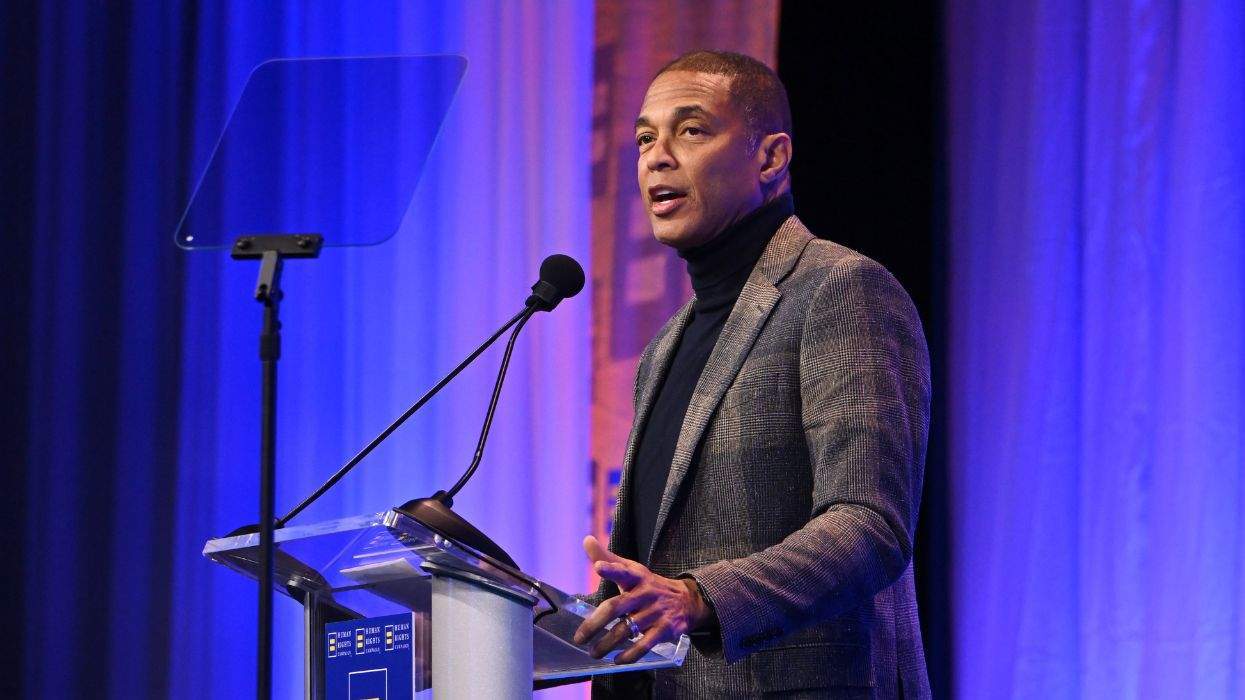
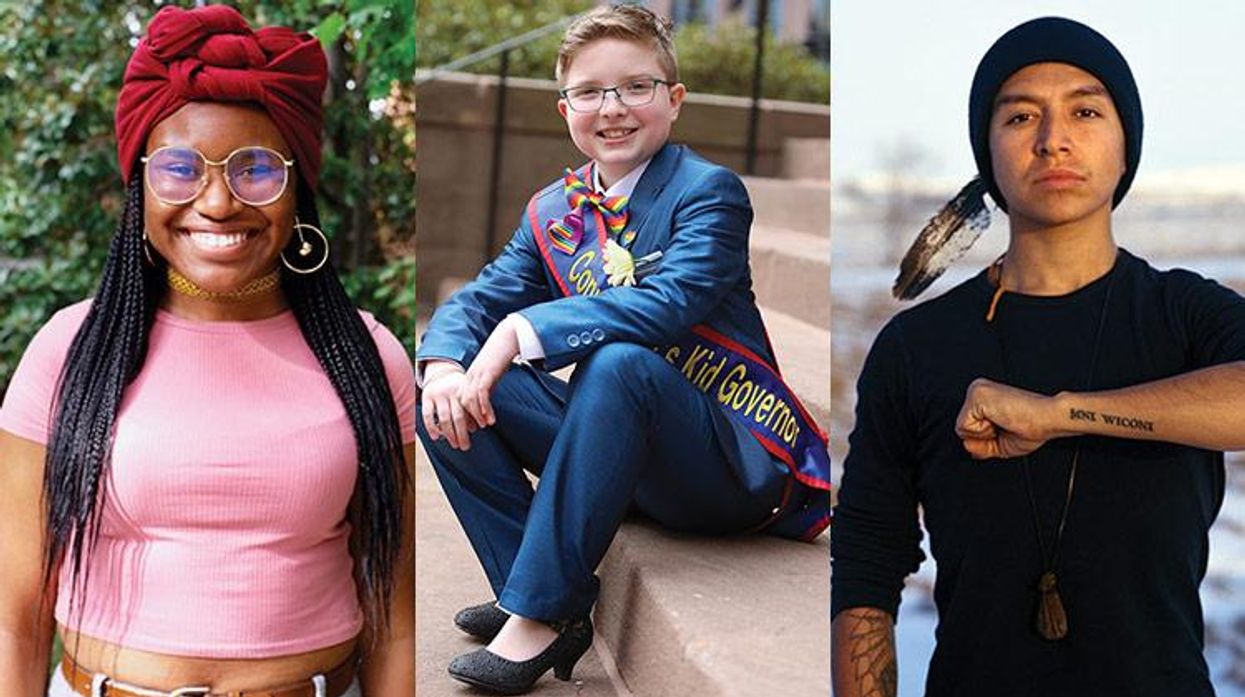

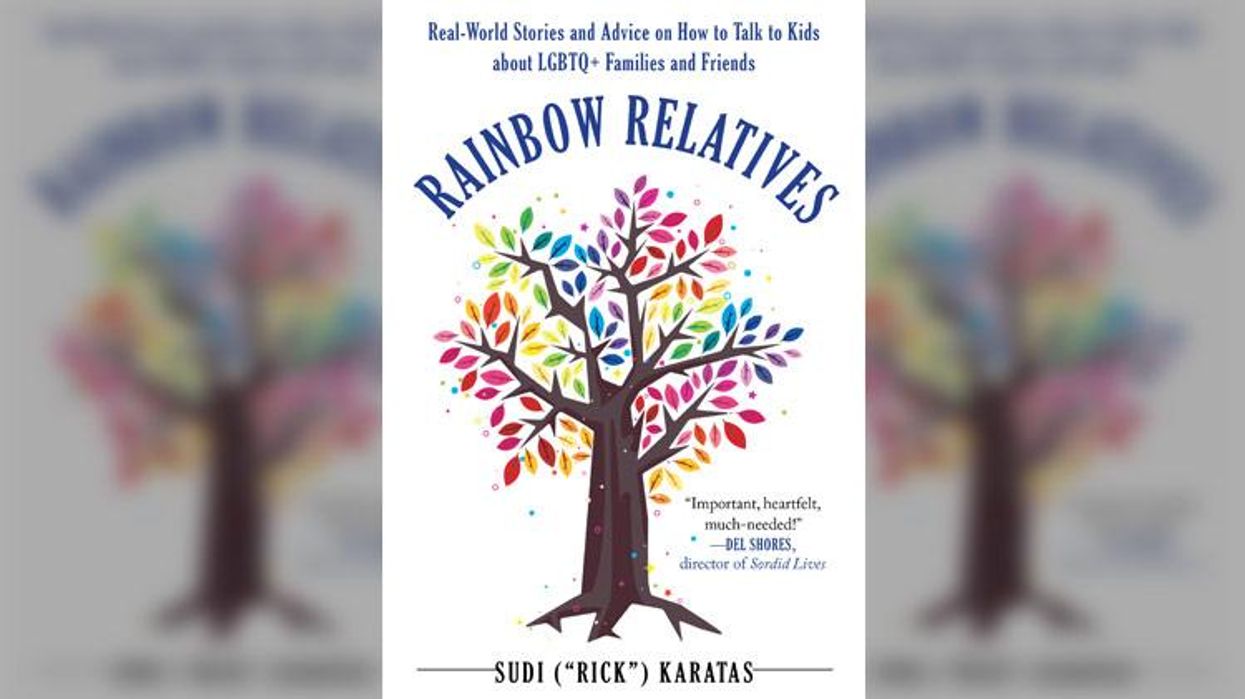
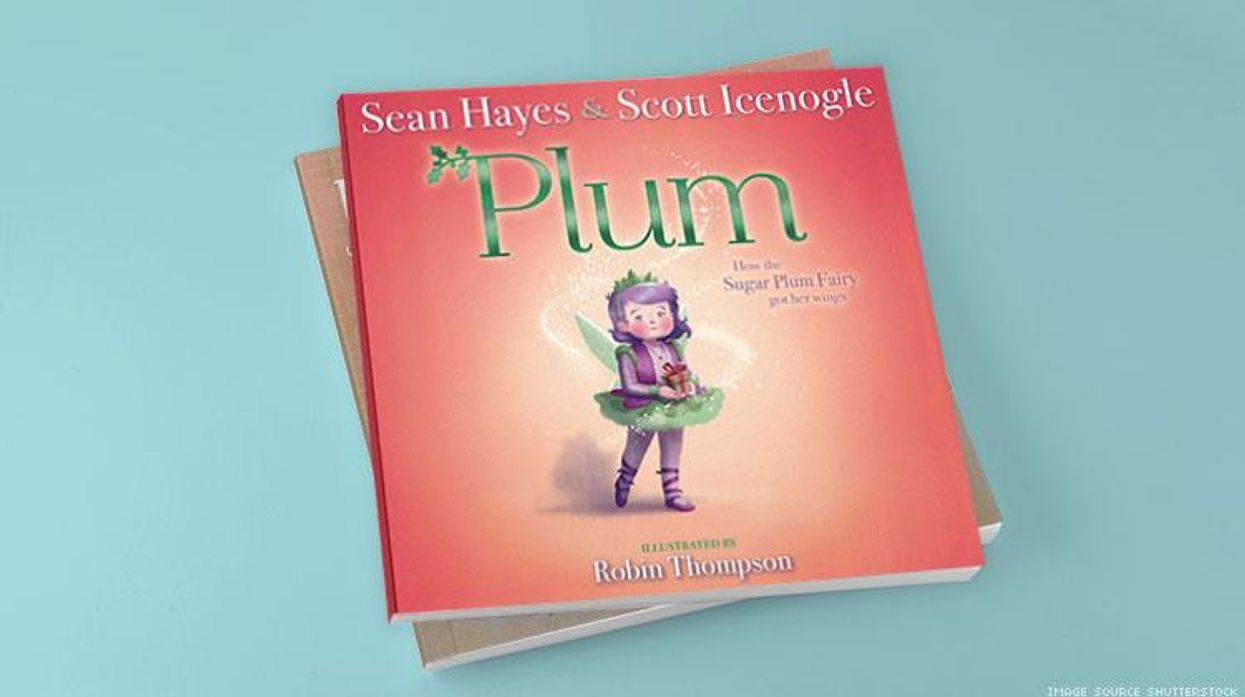



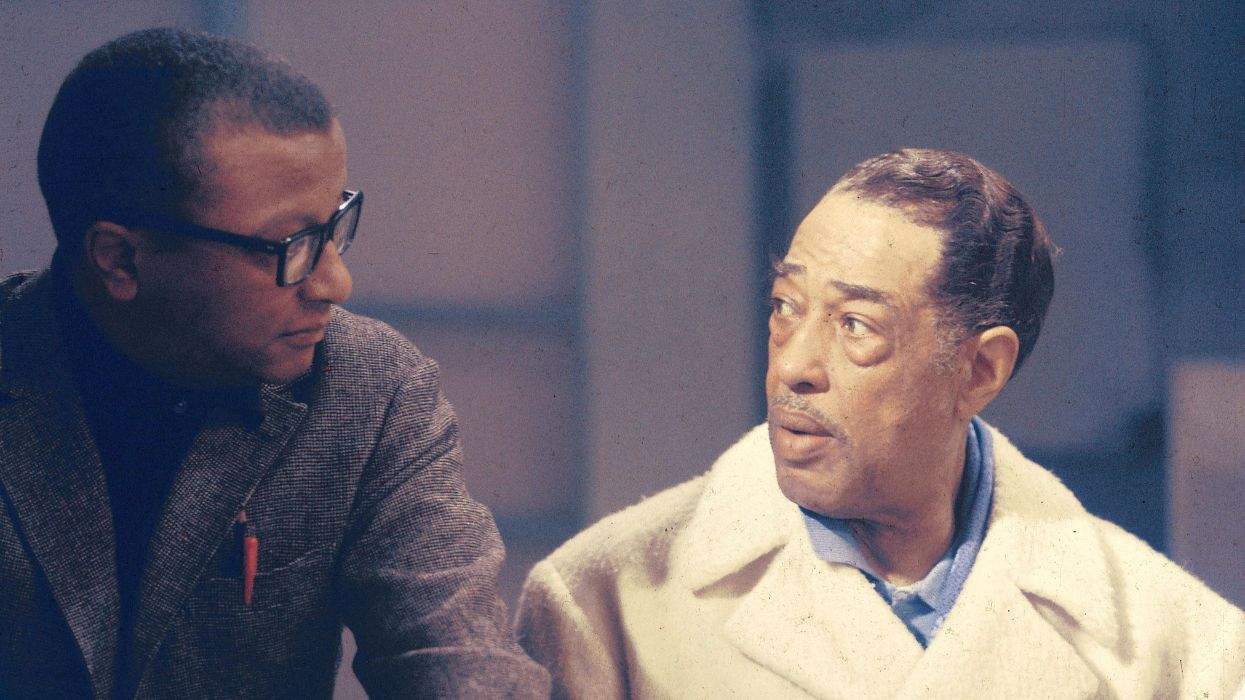
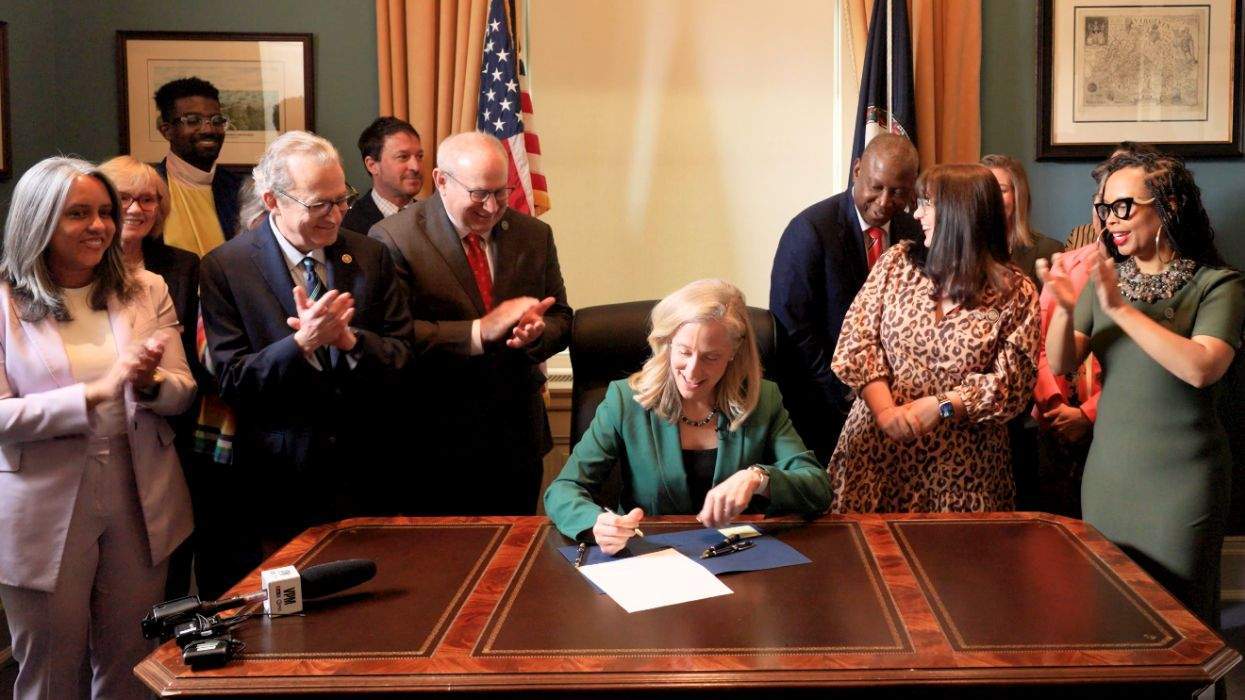
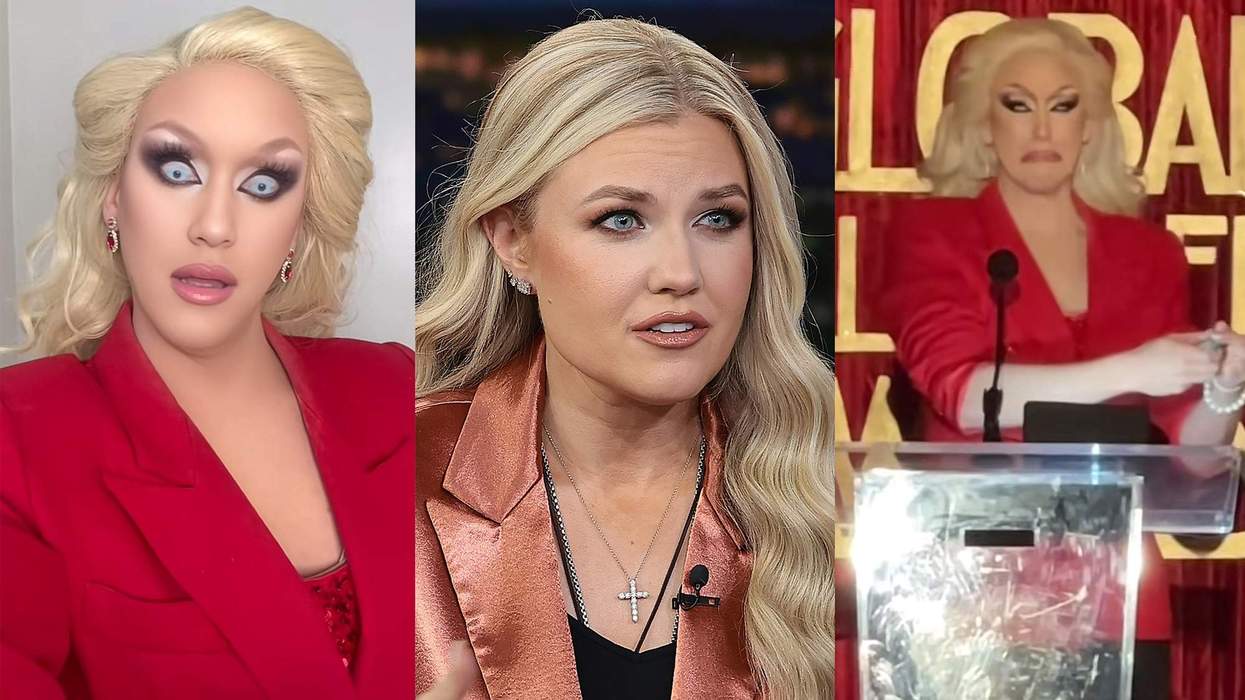
Charlie Kirk DID say stoning gay people was the 'perfect law' — and these other heinous quotes
These are some of his worst comments about LGBTQ+ people made by Charlie Kirk.